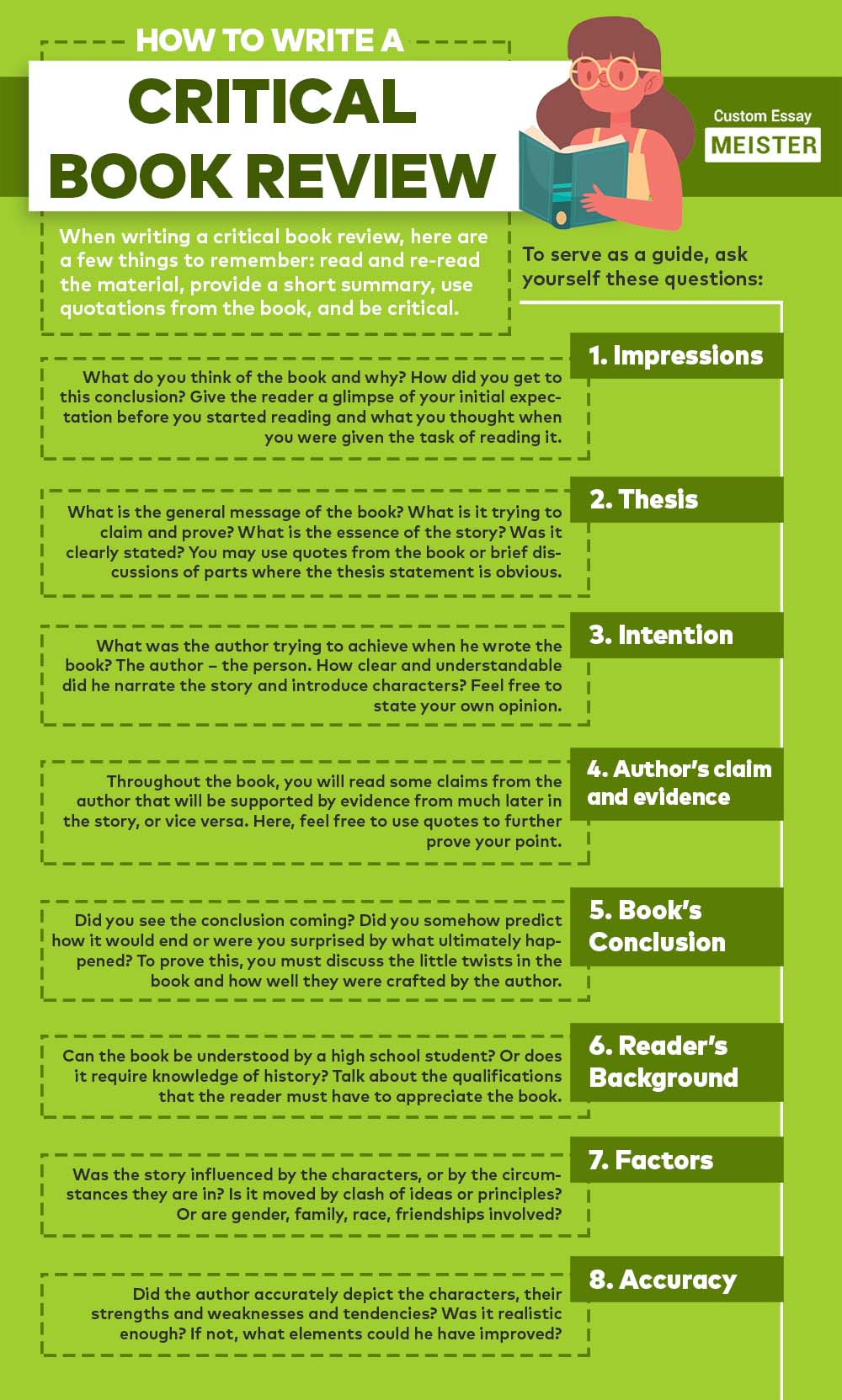Title: "The Great Gatsby" by F. Scott Fitzgerald
"The Great Gatsby" is a classic novel that has captivated readers for generations with its depiction of the American Dream and the glittering, yet ultimately hollow, world of the wealthy elite in the 1920s. Written by F. Scott Fitzgerald, this novel follows the story of Jay Gatsby, a mysterious and wealthy man who throws extravagant parties in the hopes of winning back his lost love, Daisy Buchanan.
Fitzgerald's prose is elegant and evocative, painting a vivid picture of the Jazz Age and the excesses of the era. The novel is filled with rich symbolism and themes of love, wealth, and the pursuit of happiness. The characters are complex and flawed, making them both relatable and compelling to the reader.
One of the strengths of "The Great Gatsby" is its exploration of the American Dream and the idea that wealth and success do not necessarily lead to happiness. The novel also delves into themes of identity, class, and the corrupting influence of money and power.
However, some critics have argued that the novel lacks depth and fails to fully develop its characters, particularly Daisy Buchanan, who is often seen as a shallow and one-dimensional character. Additionally, some readers may find the plot to be predictable and the ending to be unsatisfying.
Overall, "The Great Gatsby" is a beautifully written novel that offers a compelling glimpse into the Roaring Twenties and the darker side of the American Dream. While it may not be perfect, its themes and characters continue to resonate with readers today, making it a timeless classic that is worth reading and discussing.

